A new federal labor bill, often referred to as the ‘Big Beautiful Bill,’ introduces major changes that impact HR, payroll, and compliance operations across the U.S. At Mosaic Consulting Group, we specialize in helping UKG clients stay compliant, adapt quickly, and maintain operational efficiency through evolving regulatory landscapes. Below, we’ve outlined the key provisions of the bill — and how we can support you through each one.
1. Expanded Paid Leave: New Federal Minimums
The bill establishes new minimum federal standards for paid family and medical leave, aligning more closely with policies already adopted in some states. UKG clients may need to rework existing accrual policies and adjust the interplay between PTO and FMLA.
How Mosaic helps: We’ll assist with updating your leave policies in UKG, revising accrual logic, configuring eligibility rules, and ensuring smooth FMLA/PTO coordination under the new federal framework.
2. Wage Transparency Requirements
The legislation introduces new rules requiring companies to disclose pay ranges in job postings and during internal promotions. This impacts both recruitment and compensation processes.
How Mosaic helps: Our team can update your job templates, career sites, and internal workflows in UKG to include required pay scale details. We also help align your compensation data with job architecture for audit-readiness and compliance.
3. Independent Contractor Reclassification
Stricter definitions now govern the classification of 1099 workers and gig-based roles. Misclassification could result in penalties or retroactive tax liabilities.
How Mosaic helps: We help you review worker classifications, adjust system roles, and implement controls in UKG to distinguish W-2 employees from independent contractors. We also support clean, compliant onboarding flows and documentation.
4. Penalties for Late Wage Payments
The bill enforces stricter penalties for missed or late payroll. Even minor delays could result in financial consequences.
How Mosaic helps: Our Payroll team reviews your pay cycle configurations, ensures your calendar is aligned with local and federal guidelines, and implements alerts or process checks in UKG to minimize risk of late payments.
5. AI & Automated HR Decision-Making
Employers using AI or automation in hiring, promotions, or terminations must meet new disclosure and bias audit requirements.
How Mosaic helps: We help you identify areas where AI or automation is in use within UKG, configure audit trails, and ensure decision logic is transparent and documented. We also support communication strategy and compliance readiness.
6. Enhanced Whistleblower Protections
Employees reporting violations now receive stronger protections, including anonymity guarantees and anti-retaliation measures.
How Mosaic helps: We support clients in implementing and managing confidential case tracking and employee relations processes in UKG. We also assist in audit configurations and data access permissions for secure handling of reports.
Get Proactive — Not Reactive
Mosaic’s certified UKG experts are ready to help you assess risk, configure your system for compliance, and update policies to meet the new standards introduced by the Big Beautiful Bill. Whether you need a full compliance audit or support adjusting specific areas of your UKG system, we’re here to help.
Let’s talk. Connect with us to schedule a strategic assessment and stay ahead of regulatory changes.

